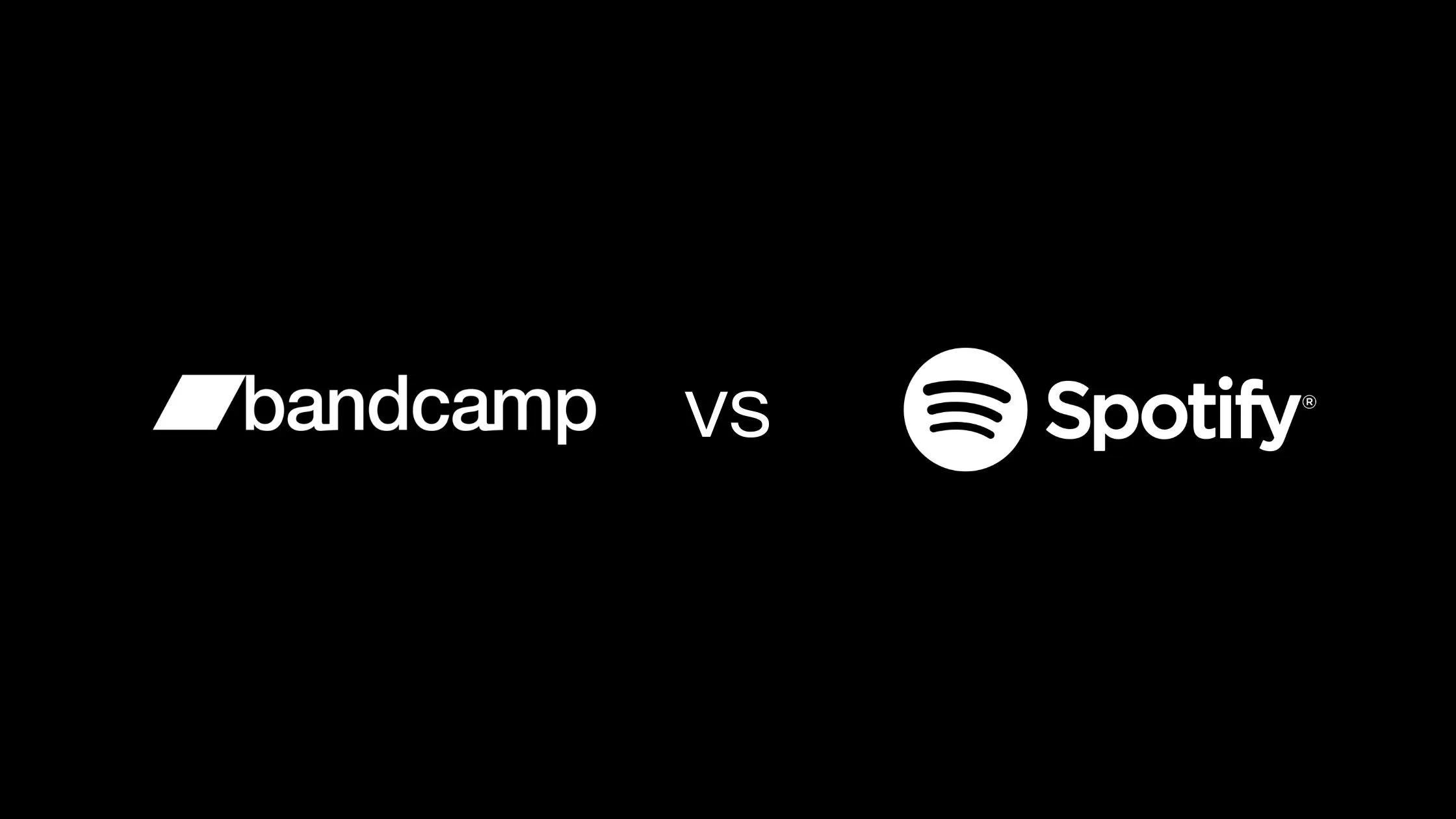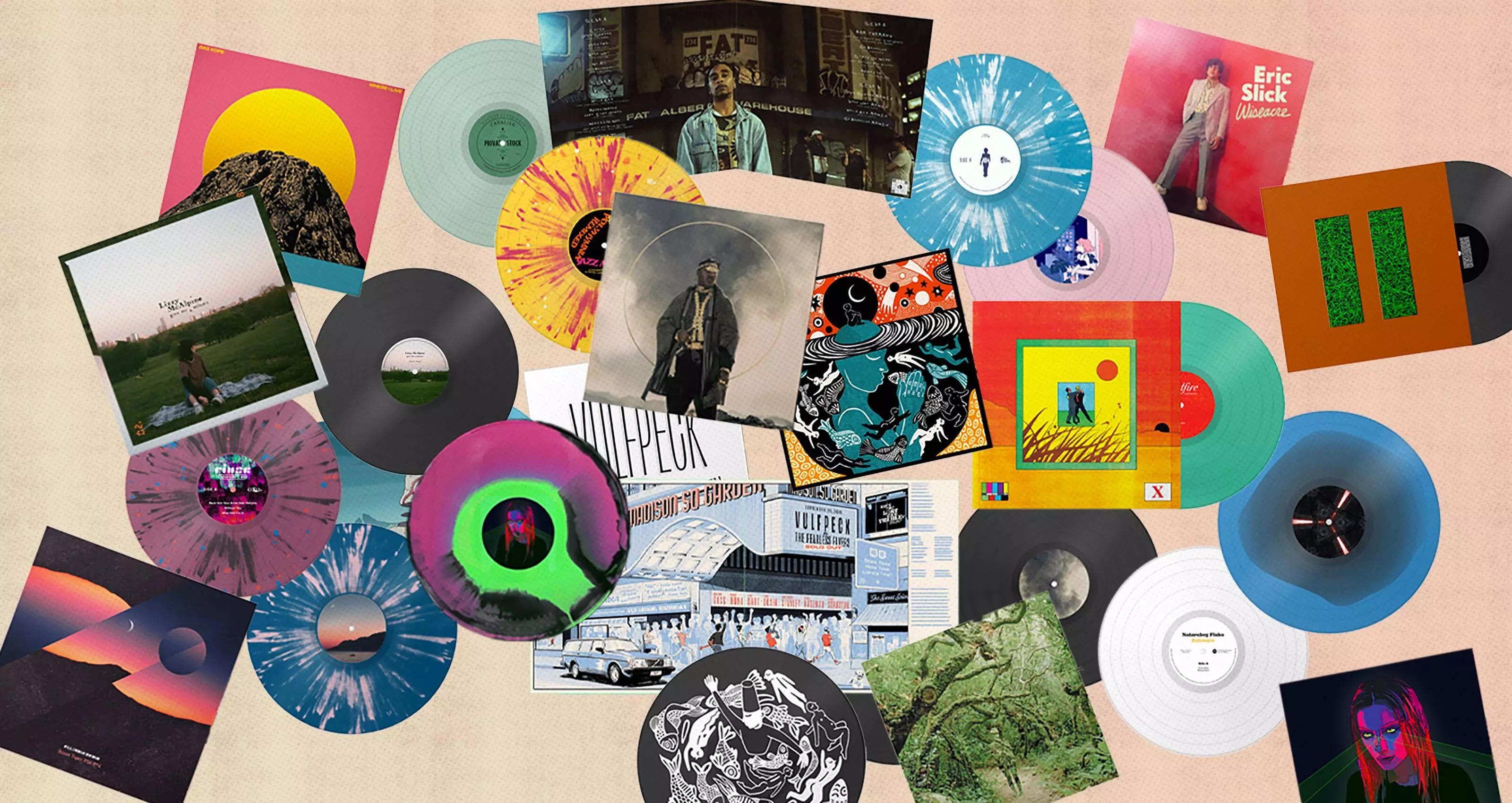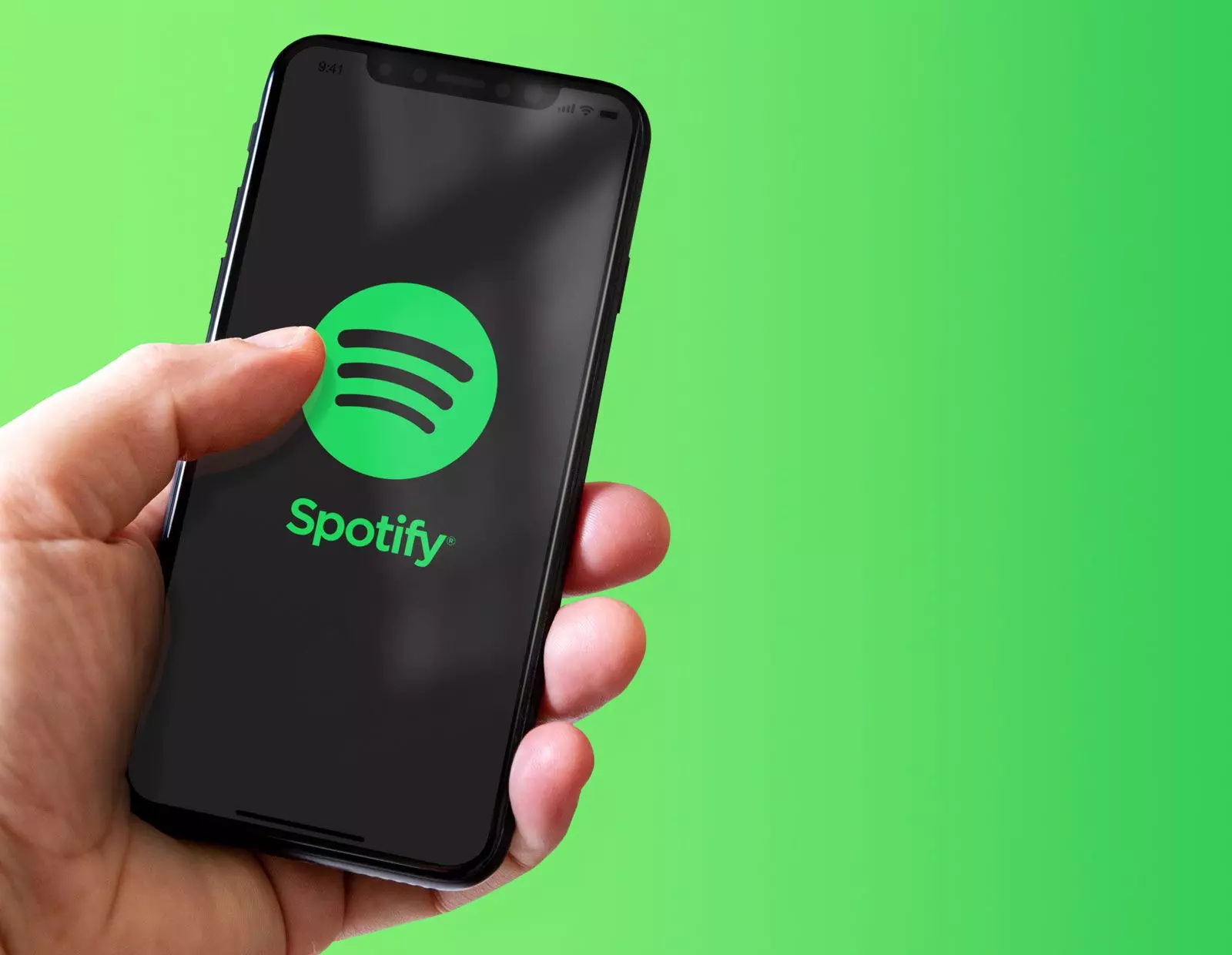
In the ever-evolving landscape of digital music distribution, two platforms stand out as major players: Bandcamp and Spotify.
Each offers unique benefits and features for both artists and listeners, but understanding the differences between them is crucial for musicians seeking to maximize their reach and revenue.
In this blog post, we'll compare Bandcamp vs Spotify to help you determine which platform aligns best with your music career goals.
What is Bandcamp?

Bandcamp, founded in 2007, has carved out a niche as a platform that empowers independent artists to sell their music and merchandise directly to fans. Here's a closer look at what sets Bandcamp apart:
Direct-to-Fan Sales: Perhaps the most distinctive feature of Bandcamp is its direct-to-fan sales model. Artists can set their own prices for music and merchandise, offering fans the opportunity to support them directly.
Artist Control: Bandcamp gives artists more control over their music and revenue. They can customize their pages, set pricing, and access detailed analytics to better understand their audience.
High-Quality Audio: Bandcamp prioritizes high-quality audio, offering options for artists to sell lossless formats like FLAC alongside standard MP3s.
Community Engagement: The platform fosters a sense of community among artists and fans, with features like fan subscriptions, where supporters can pay a monthly fee for exclusive content.
What is Spotify?

On the other hand, Spotify, launched in 2008, has become synonymous with music streaming, boasting a vast library of songs and a massive user base. Here's why Spotify is a force to be reckoned with:
Massive Reach: With over 380 million active users worldwide, Spotify offers unparalleled reach for artists looking to connect with a broad audience.
Playlist Placement: Spotify's algorithm-driven playlists can expose artists to millions of listeners, providing invaluable exposure and potential for discovery.
Streaming Revenue: While Spotify's payout rates vary, the platform offers artists the opportunity to earn revenue through streams, with top-tier artists generating substantial income.
Data Analytics: Spotify provides artists with detailed analytics, allowing them to track their listenership and demographics to inform their marketing and promotional efforts.
Bandcamp Vs Spotify: Choosing the Right Platform
So, which platform is right for you, Bandcamp or Spotify?
The answer depends on your priorities, goals, and audience. Here are some factors to consider:
1. Independence vs. Exposure: If artists prioritize independence and direct fan interaction, Bandcamp may be the better choice. However, for exposure to a massive audience, Spotify's reach is unparalleled.
2. Revenue Model: Bandcamp offers more control over pricing and higher revenue per sale, while Spotify provides the potential for passive income through streaming royalties.
3. Genre and Audience: Bandcamp's community may be more receptive to niche or experimental music, while Spotify's mainstream appeal can benefit artists in popular genres.
4. Marketing Strategy: Bandcamp requires more active promotion from artists, while Spotify's playlist placement and algorithmic recommendations can drive organic growth.
Conclusion on Bandcamp Vs Spotify
Both Bandcamp and Spotify offer valuable opportunities for artists to share their music and connect with fans.
The best choice depends on individual goals, preferences, and priorities as an artist.
Whether prioritizing independence, exposure, or revenue, understanding the strengths and limitations of each platform is crucial for making an informed decision that aligns with one's music career aspirations.

